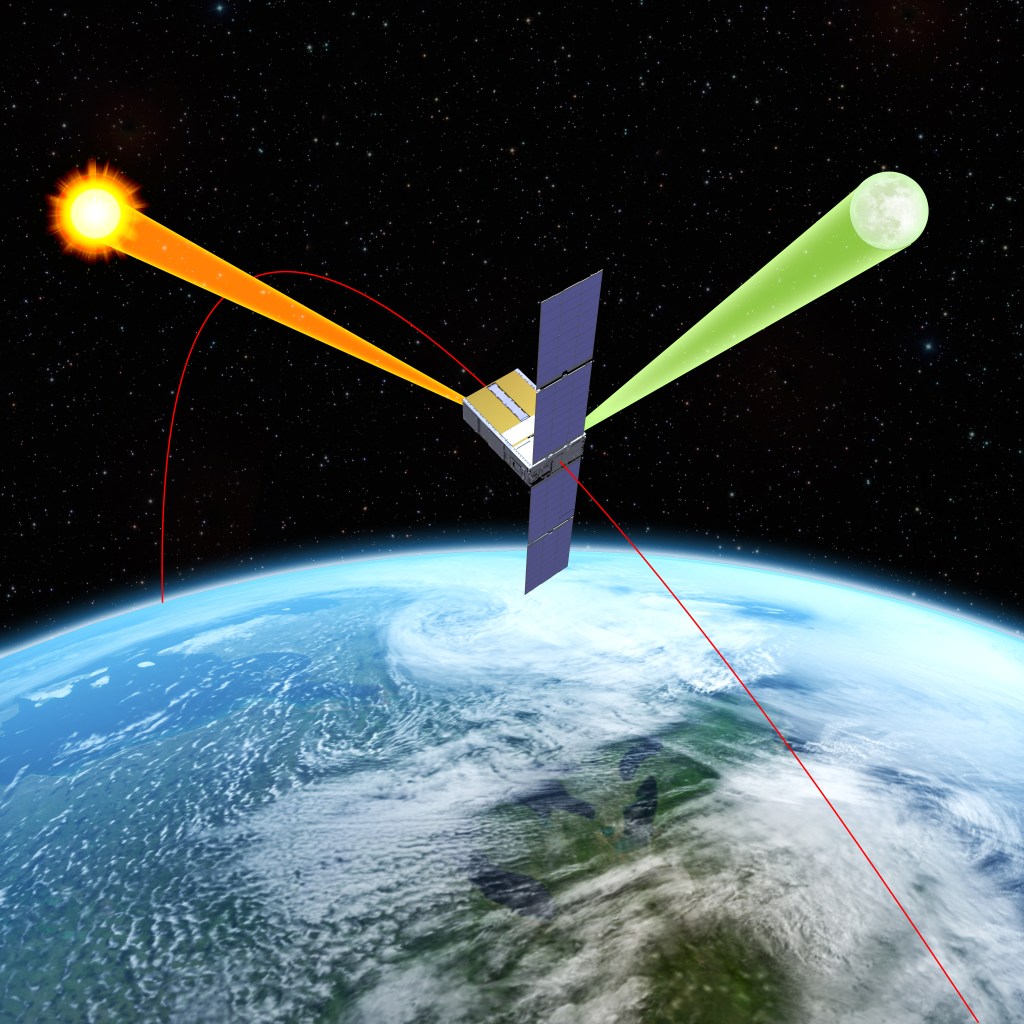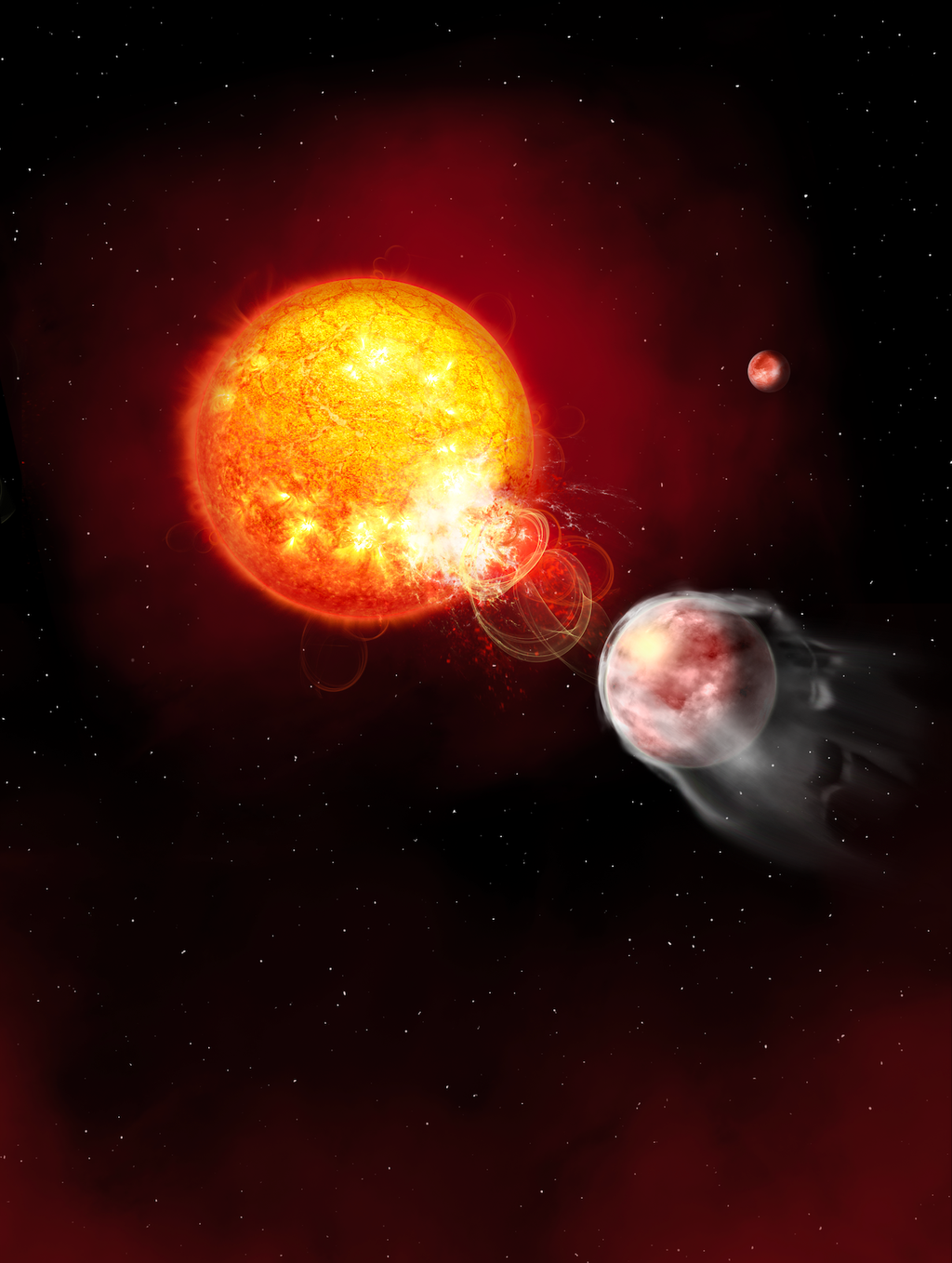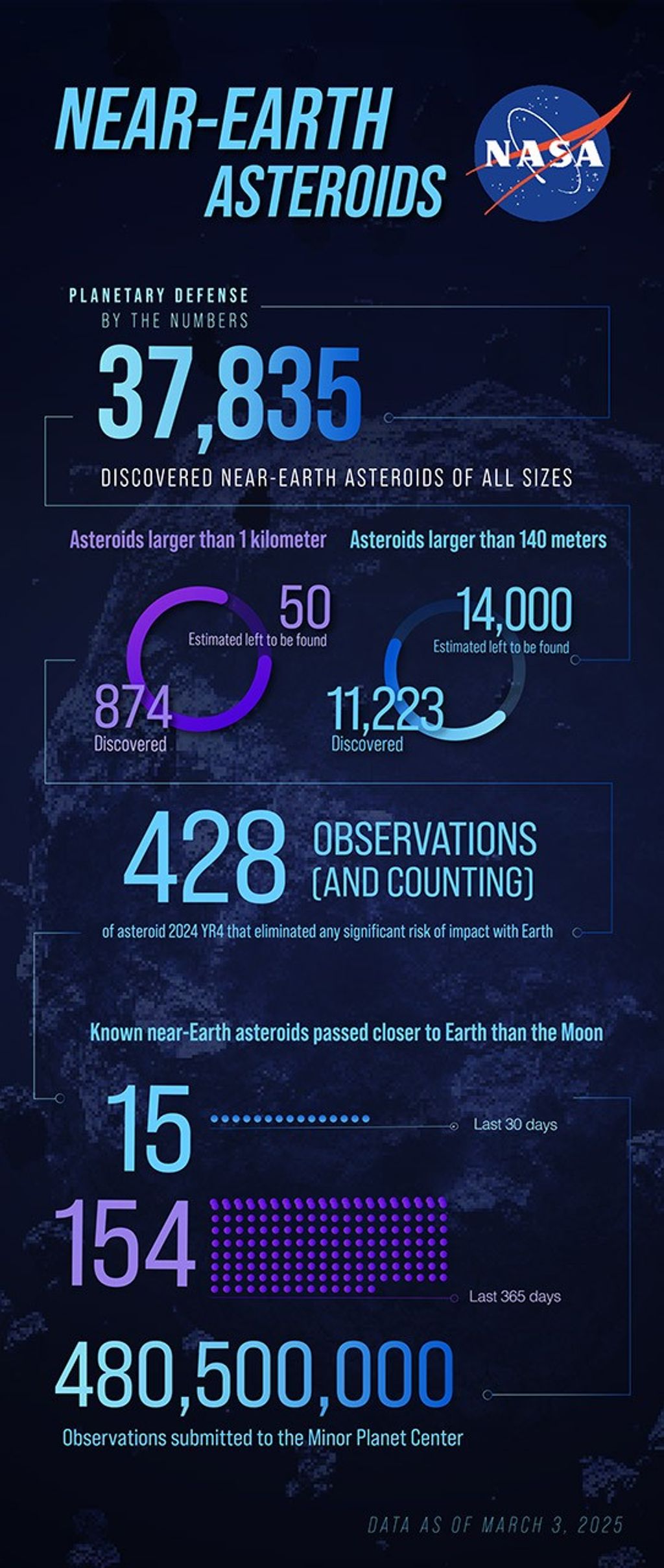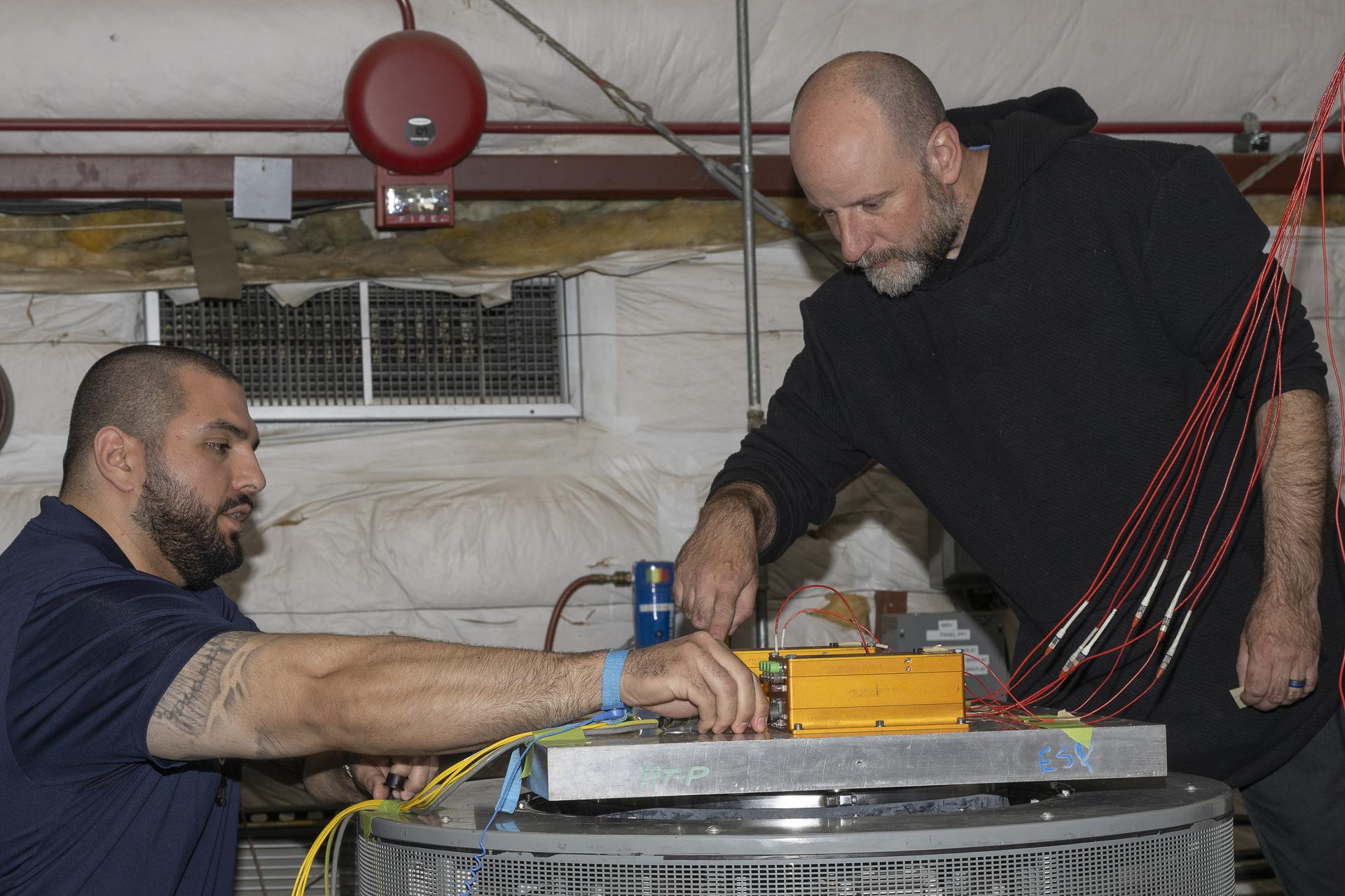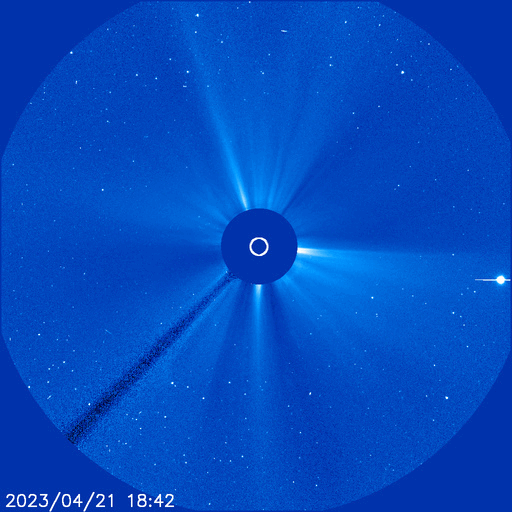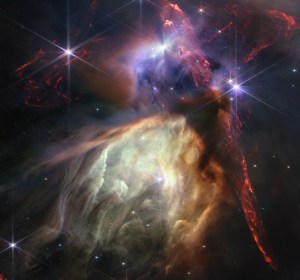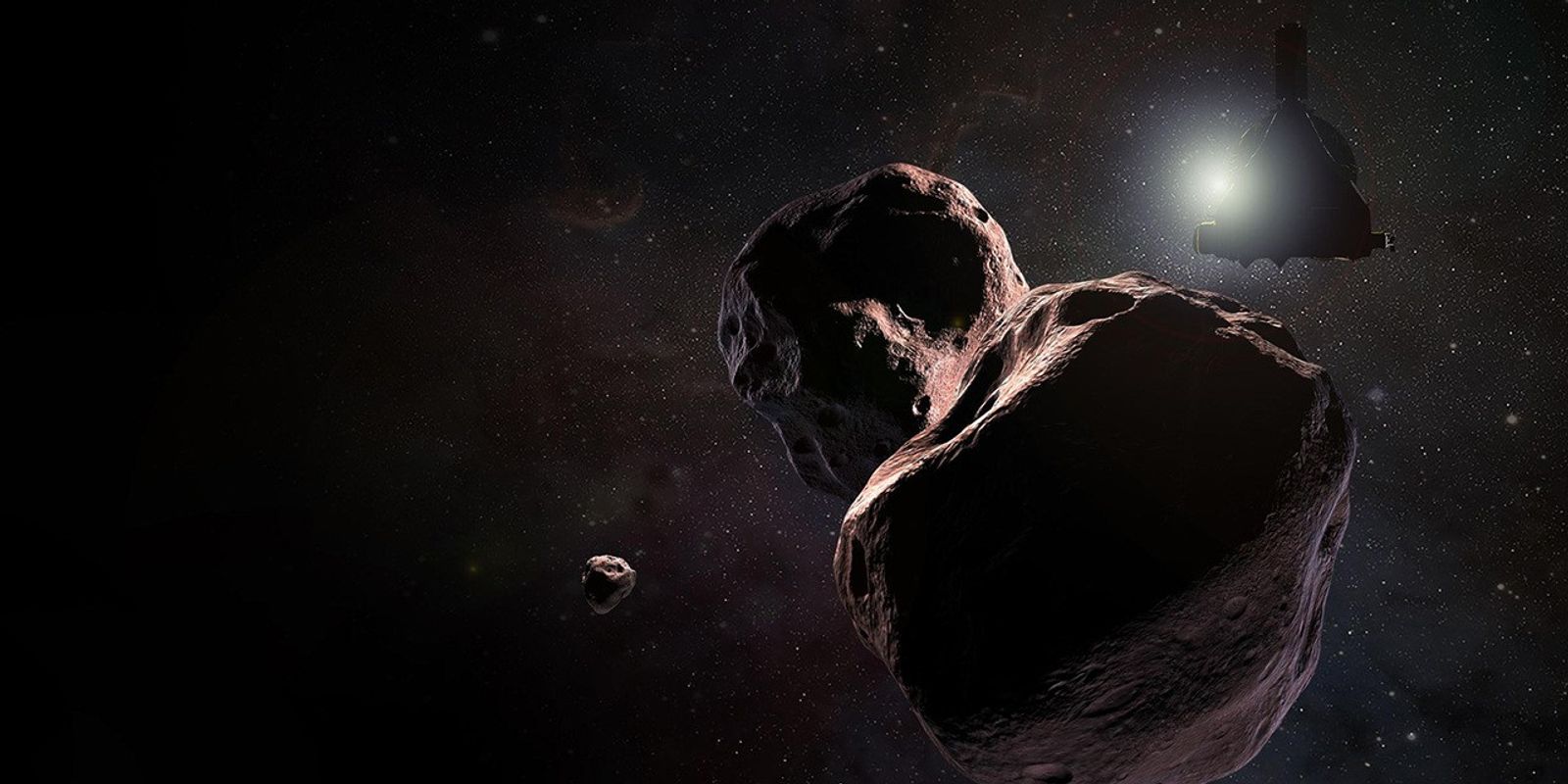The most recent spacecraft <a HREF="http://www2.jpl.nasa.gov/basics/bsf18-1.php#trk" target="basics" rel="noopener">tracking</A> and <a HREF="http://www2.jpl.nasa.gov/basics/bsf18-1.php#tlm" target="basics" rel="noopener">telemetry</A> data were collected April 11 using the <a HREF="http://deepspace.jpl.nasa.gov/" target="deepspace" rel="noopener">Deep Space Network's</A> <a HREF="http://deepspace.jpl.nasa.gov/dsn/antennas/34m.html" target="deepspace" rel="noopener">34 meter</A> High-Efficiency Station 45 at <a HREF="http://www.cdscc.nasa.gov/" target="_new" rel="noopener">Canberra</A>, Australia. Aside from the issues in work with the <a HREF="http://www2.jpl.nasa.gov/basics/bsf10-1.php#coherence" target="deepspace" rel="noopener">Ultrastable Oscillator</A> (see the January 5, 2012 Significant Events) and the <A HREF="http://saturn.jpl.nasa.gov/spacecraft/cassiniorbiterinstruments/instrumentscassinicda/">Cosmic Dust Analyzer</A>, the Cassini spacecraft is in an excellent state of health. Its subsystems are operating normally as the spacecraft orbits, nearly in Saturn's equatorial plane, once every 17.8 days.
The most recent spacecraft tracking and telemetry data were collected April 11 using the Deep Space Network's 34 meter High-Efficiency Station 45 at Canberra, Australia. Aside from the issues in work with the Ultrastable Oscillator (see the January 5, 2012 Significant Events) and the Cosmic Dust Analyzer, the Cassini spacecraft is in an excellent state of health. Its subsystems are operating normally as the spacecraft orbits, nearly in Saturn's equatorial plane, once every 17.8 days.
The S73 command sequence began execution onboard the spacecraft this week, representing the culmination of a long and involved process. Only after scientists' working teams had decided how to allocate spacecraft pointing control time to the various instrument teams did the Sequence Implementation Process begin, about five months ago. On Friday, S73 took control of the spacecraft.
Wednesday, April 04 (DOY 095)
Realtime commands were uplinked to perform a test of the Cosmic Dust Analyzer (CDA) to determine the cause of the instrument's packet errors seen last week. At the end of the test, the commands turned CDA off. The instrument remained off for the rest of this week, but will be turned back on prior to the Enceladus encounter coming up on Saturday.
Thursday, April 05 (DOY 096)
Cassini passed through apoapsis today, having slowed to 5,496 kilometers per hour relative to Saturn. This marked the beginning of Cassini's 164th orbit.
Orbit Trim Maneuver (OTM) 315 was cancelled because the optimum delta-V was too small to be implemented. Instead, OTM-316 on April 11 will accomplish the final orbit correction for the Enceladus E-18 flyby on April 14.
A realtime command was sent to clear the Solid State Power Switch (SSPS) trip counter following the unexpected trip last week of the Helium Latch Valve Driver-B switch.
The Encounter Strategy Meeting for the Enceladus E-18 and E-19 fly-bys was held today.
On the last day under control of the S72 sequence, the Visible and Infrared Mapping Spectrometer (VIMS), the Imaging Science Subsystem (ISS), and the Composite Infrared Spectrometer (CIRS) performed a 15 hour observation of Saturn's G ring and E ring; the latter is made up of icy particles ejected in jets from the moon Enceladus.
Friday, April 06 (DOY 097)
Realtime commands were sent to execute an end-of-sequence Reaction Wheel Assembly (RWA) bias to adjust the wheel speeds.
The S73 Sequence began execution. The Radio and Plasma Wave Science instrument (RPWS), the Ultraviolet Imaging Spectrograph (UVIS), ISS, and VIMS loaded their instrument-expanded-block commands from Cassini's solid-state data recorder; they will come into play as S73 continues during the next ten weeks.
Saturday, April 07 (DOY 098)
The Magnetometer performed an eight hour calibration while rotating the spacecraft about its X-axis; this head-over-heels motion is called pitch, as compared with roll and yaw.
Sunday, April 08 (DOY 099)
ISS, CIRS and VIMS performed an observation in the Titan monitoring campaign, the first of 26 such observations scattered throughout the S73 sequence to generate a long time baseline of cloud activity. For this observation, Titan was at a distance of 1.8 million kilometers. ISS then performed another observation in the Satellite Orbit Campaign.
Monday, April 09 (DOY 100)
The Deep Space Network station 55 in Madrid, Spain, participated in an Operations Readiness Test in preparation for a Radio Science Enceladus gravity experiment coming up on May 2. Station 25 at Goldstone, California, performed a calibration of monopulse, which is a fine-pointing capability used in Radio Science experiments.
The image "Smudge of a Shadow" was highlighted today, showing an elongated shadow of the small icy moon Mimas on Saturn's cloud tops.
/resources/15496
Tuesday, April 10 (DOY 101)
A web page was created for the upcoming Enceladus E-18 flyby:
http://saturn.jpl.nasa.gov/mission/flybys/eenceladus20120414/









